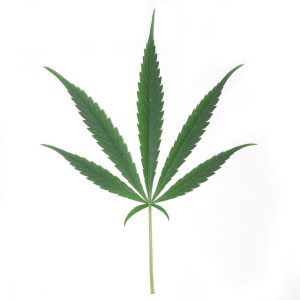
State Question 788 passed with 57 percent approval despite almost half a million dollars spent on a campaign to shut down the proposal. Gov. Mary Fallin and Sen. James Lanford (R) joined several health and law enforcement organizations to voice opposition to the ballot initiative, according to a report from Forbes. Some voters claim the issue did not even appear on their ballot, causing speculation as to how far some would go to stop the measure. Even the fact that the issue was placed on a primary ballot rather than during a general election seemed to be tactically designed to set it up for failure since voters who show up at primaries tend to lean more conservative. The passage of the measure in spite of such obstacles, however, proves what cannabis advocates like our medical marijuana attorneys have been saying all along: marijuana is not a partisan issue.
Not only was the medical marijuana initiative passed, but it also stands apart from other states in that it gives more freedom to doctors. Some government officials in other states have decided they know better than medical doctors and have confined the permissible medical conditions by which health practitioners can recommend cannabis to a pre-determined list. The new Oklahoma law, however, keeps the power to decide squarely where it belongs, with board-certified medical professionals.
The measure allows for patients who are granted ID cards to possess up to eight ounces of marijuana in their home and up to three in public. For concentrates, one ounce is permitted and up to 72 ounces of edibles. Limited home cultivation is also allowed. The measure also leaves room for an extremely fair system of law enforcement in which those who are found with 1.5 ounces or less without the proper paperwork are not punished as if they had committed high treason. If they can cite a medical condition as the reason for their use, they would be issued a $400 fine. That is, so long as voters get their way.
Some leaders, however, can’t leave well enough alone. Citing her respect for the will of the people, Gov. Fallin also made it clear that respect does not extend so far as letting voters decide how much freedom people in the state would enjoy. She seeks to tighten up any points that would dare to resemble anything close to recreational legalization. Support for recreational cannabis, however, is growing quickly across the country, with nearly two-thirds support and legalization in nine states and Washington, D.C. Buttoning up medical laws too tightly could spur Oklahomans to take that next step toward full adult-use legalization.
Our L.A. medical marijuana lawyers see this victory in Oklahoma as a big win for all of us. The more support cannabis receives nationwide, the quicker we can all move on to removing the federal ban and start working together toward breakthrough medical research, creating interstate marketplaces, and learning more about this highly beneficial plant.
Additional Resources:
Oklahoma Voters Approve Medical Marijuana Measure, June 27, 2018, By Madison Park, CNN
More Blog Entries:
Med Students Must Learn About Medical Marijuana, March 23, 2018, By L.A. medical marijuana lawyers blog
